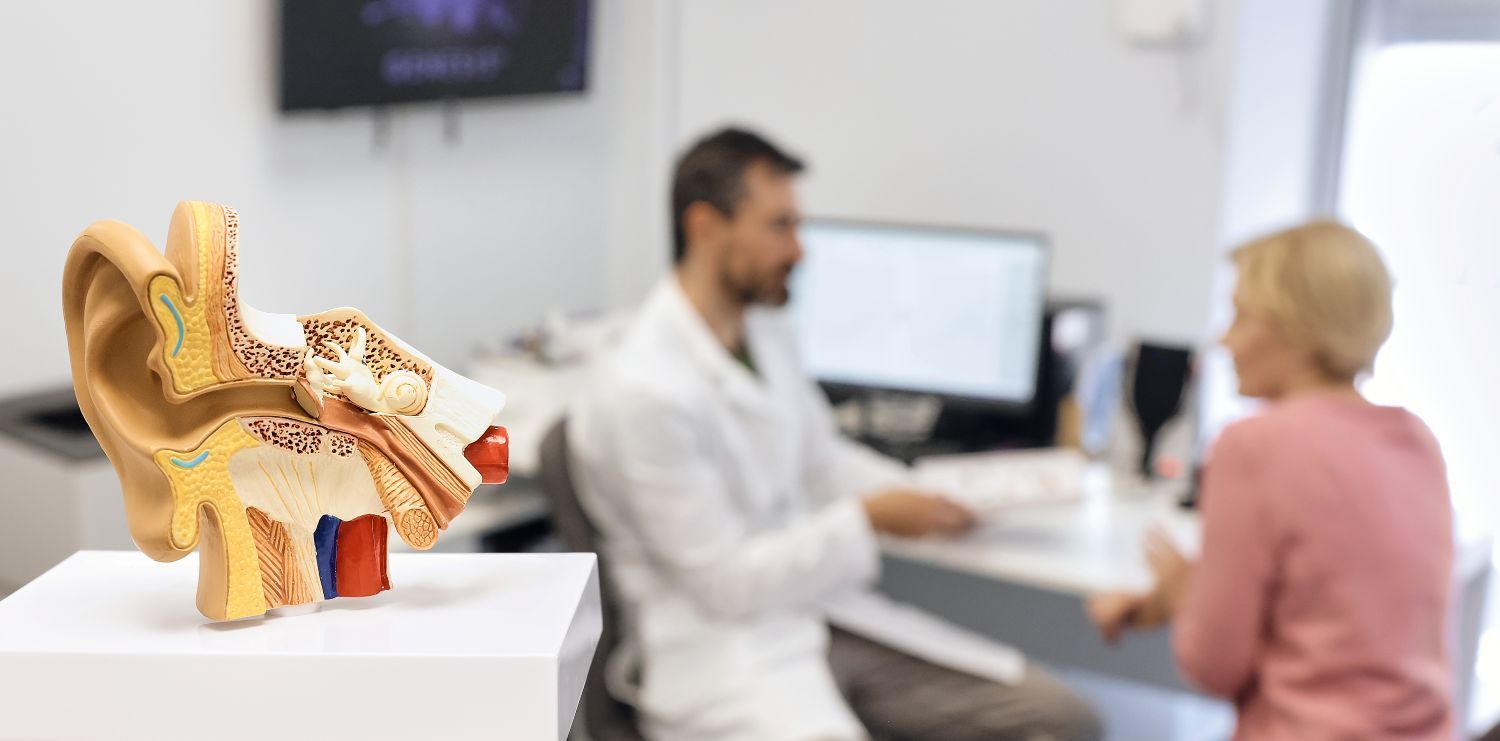Managing ENT Issues in Children during Flu Season
As much as we all look forward to the Holidays and the excitement of winter activities, the last months of autumn and winter often bring the flu. At ENT Medical and Surgical Group, we want your kids to have a lot of fun rather than being stuck in bed with a runny nose, fever, and coughing all holidays. That’s why we came up with a comprehensive guide to help you take care of your little ones throughout the flu season.
Read on to learn more about what the flu is and how best to treat both it and ENT issues in children.
What Is the Flu?
The flu is shorthand for “influenza”, which is an infection of the nose, throat, and (sometimes) lungs caused by a virus. When sick, people often request antibiotics, but it is important to note that these medicines won’t work for influenza because antibiotics only work against bacteria, not viruses.
The common flu symptoms are chills, sore muscles, headaches, runny nose, tiredness, diarrhea, and vomiting. If your child has a fever, consider giving them acetaminophen (Tylenol) or ibuprofen (Advil, Motrin). We urge you against giving your child aspirin as it is linked to a serious rare condition called Reye’s syndrome.
When we have a fever, the hypothalamus—the region of the brain that controls body temperature—reacts by setting the body temperature above 98.6 degrees. Acetaminophen blocks the COX enzyme, which reverses the command to increase the body temperature and helps deal with fevers.
How to Manage ENT Issues
You can manage runny or stuffy noses in older kids with the following tips. Saline nose spray or using a humidifier can help moisturize the nose and relieve nasal congestion. Research has shown that moist air loosens mucus, relieves congestion, and soothes irritated airways.
Taking pain medications such as acetaminophen or ibuprofen to help with aches and fever is also suggested, though be certain to listen to a healthcare professional when it comes to how much to take at a time. While over-the-counter medications can help, deferring to a healthcare professional is always a good idea when uncertain how best to treat symptoms.
How to Prevent the Flu
While most of us handle the flu easily, in vulnerable populations, such as elder adults, children, and pregnant women, it can lead to more serious illnesses, such as pneumonia. Preventing it altogether is a great strategy to safeguard your child’s health and make sure you have a wonderful Christmas break.
Flu vaccination is a safe way to prevent the flu for children 6 months and older. When you get a flu vaccination, a healthcare provider administers a dead virus that never causes a serious illness. Instead, the dead virus lets your immune system know what it’s dealing with ahead of time so that it’s more prepared and can deal with a live flu virus should you get one.
We hope you and your little ones have a great winter without catching any flu. Yet, if it does happen, we hope our tips help you manage ENT issues effectively. If the problems persist or get worse, our specialists at ENT Medical and Surgical Group are ready to help. Contact us today!













